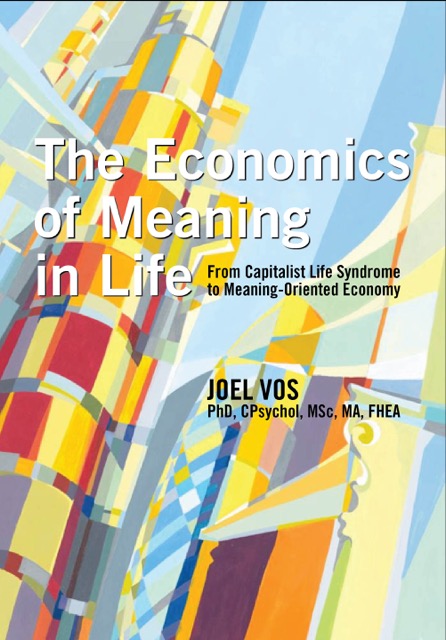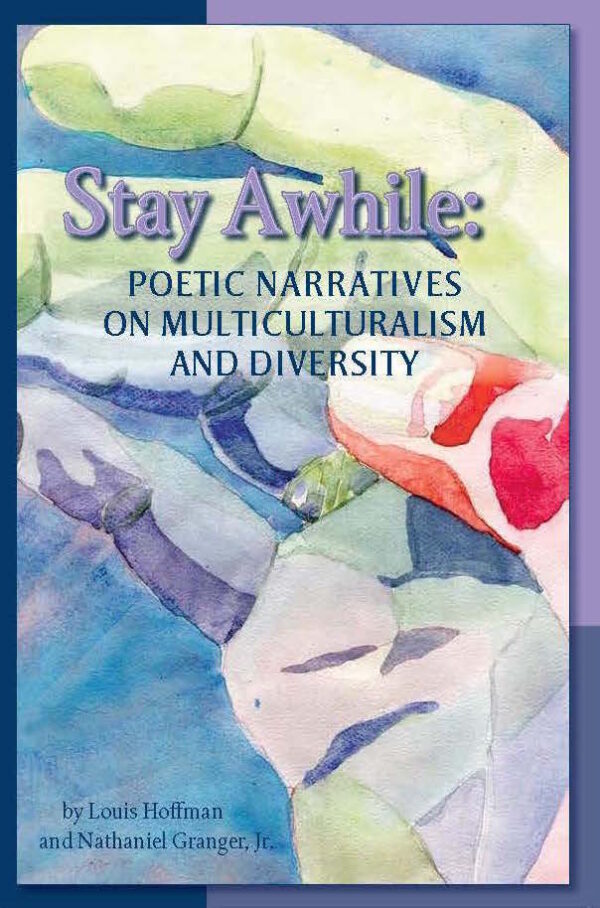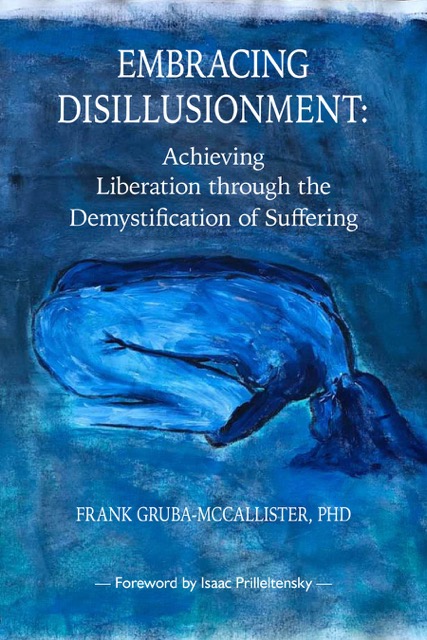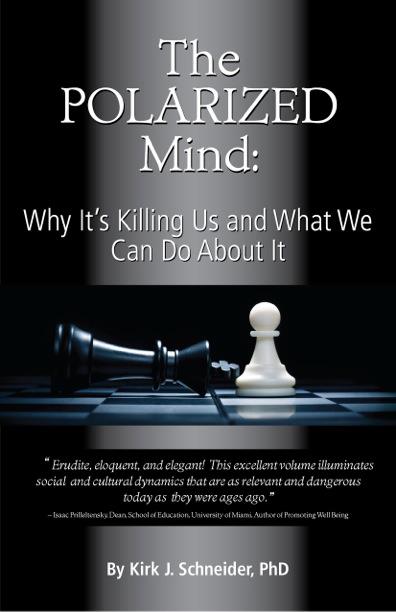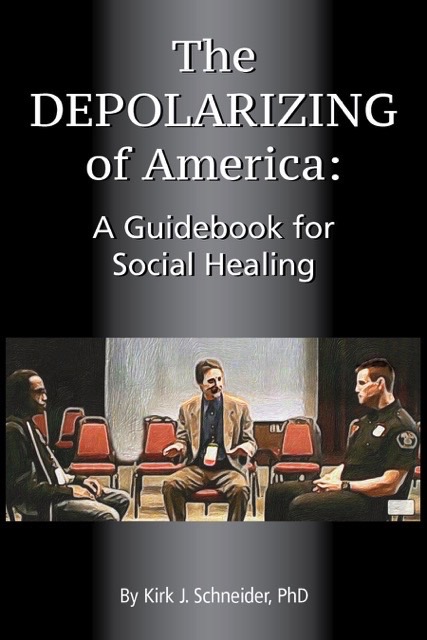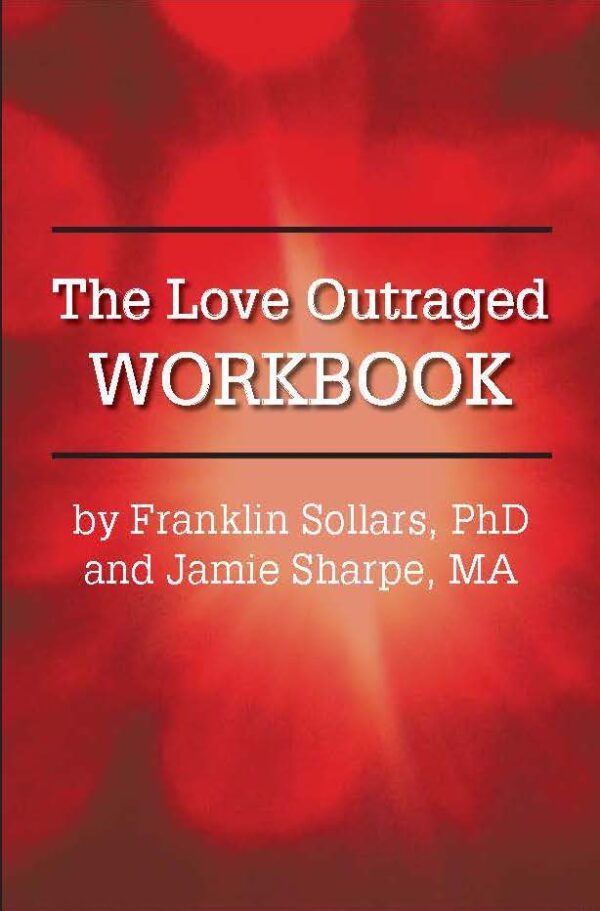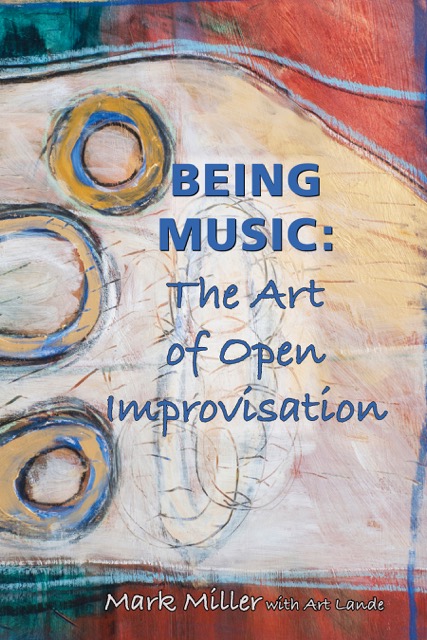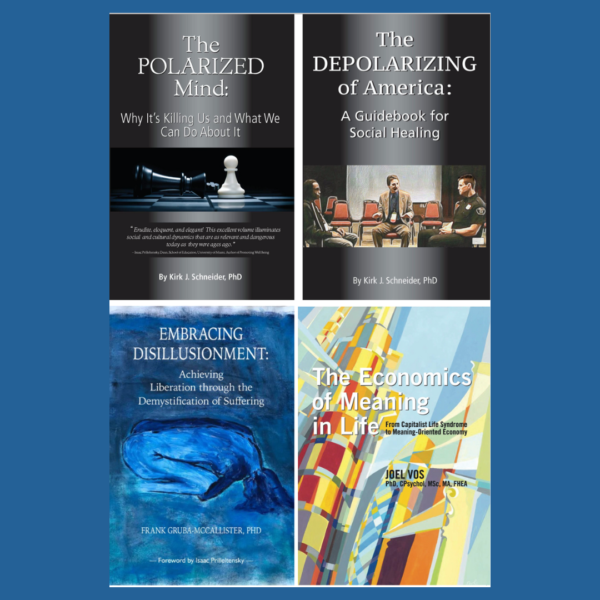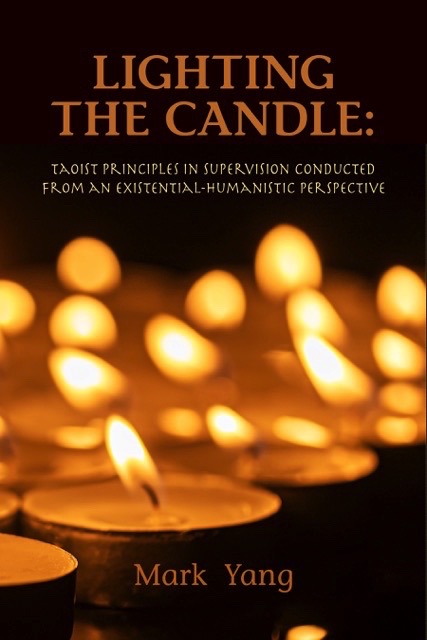Reviews
Joel Vos’s The Economics of Meaning in Life is the vanguard of revolutionary new approach to economics that finally removes that field from the domination of capitalist ideology and materialist reductionist views of human nature. Progressives in universities should insist that their own departments of economics hire at least one person who promotes this book and further develops the creative ideas that Vos presents.
Rabbi Michael Lerner, editor of Tikkun and Author of The Politics of Meaning and, most recently, Revolutionary Love: A Political Manifesto to Heal and Transform the World (University of California Press, 2019)
There seems to be an almost universal dread about in this modern world. Everywhere I travel, there is worry that life as we know it is tearing apart at the seams. People talk with me about inequality, scarcity, and corruption at the highest levels, environments plundered, homelands turned inhospitable, oceans filling with plastic and dwindling life, and changes to society, work, family, and culture coming so fast and frequent it feels impossible to keep up. Despite true passion, concern, fear, anger, or love, discussing these vital matters sometimes feels like trying to use our hands to waft away the towering columns of crimson smoke on our horizons. It is as if humanity has built itself inside of a colossal, whirling centrifuge and forgot the ‘off’ switch outside it. In this ambitious book, Joel Vos works to assemble a blueprint for reconstructing this imposing machine of 21st century capitalism. He offers a vision of a Meaning-Oriented Economy, in which the fundamental currency and marker of progress is dignity, security, and a meaningful life. Using tools from history, social criticism, political science, psychology, economics, and philosophy, among others, Vos describes Capitalist Life Syndrome as a multifaceted perspective adopted by those of us who live within a system that may be destructive to the values we hold dear, and yet about which we feel hopeful and obliged. The alternative—creating social systems that support and celebrate the highest human aspirations for meaningful life—is inspiring, and, as thousands of research studies show, not only practical, not only necessary, but also glorious.
Professor Michael Steger, Director of the Center for Meaning and Purpose, Colorado State University)
This book is an impassioned and well-reasoned plea to restore meaning at the heart of politics. In a society where people feel increasingly alienated and disenfranchised this is an important and necessary argument and enterprise.
Professor Emmy van Deurzen,
Principal of the New School of Psychotherapy and Counselling, London
Joel Vos’s The Economics of Meaning in Life is a brilliant analysis of both the ways in which capitalism colonizes and destroys not just any viable notion of economics but also the very spirit of humanity. How we live our lives far exceeds the dictates of a market and its pernicious values. Vos makes clear that the lived experiences, values, sense of social responsibility, and compassion are at the heart of what it means to live life meaningfully in a society that takes seriously the meaning of democracy.
Professor Henry Giroux, one of the founding theorists of critical pedagogy in the United States, with more than 68 books, 200 chapters, and 400 articles, including America on the Edge, Education under Siege and The Mouse that Roared.
Joel Vos is a brilliant scholar with an astonishing sweep of knowledge across economics, history, philosophy, psychology, and culture. He offers a compelling analysis of contemporary ills, crisply distilled as the Capitalist Life Syndrome enacted with its materialistic, hedonistic, and self-oriented values. These pursuits have not culminated in pervasive happiness and benevolent, well-functioning societies. Rather we see gaping inequalities and rampant mental health crises. In stark juxtaposition, Vos portrays an alternative: a meaning-oriented economy that is human, intuitive and existential; it is a place where individuals are both free and responsible to lead meaningful lives motivated by more than economic gain. Despite the hard-hitting critique of functionalistic, neoliberal economics, his book is ultimately hopeful and utopian, not as fantasy, but as concrete steps toward building better societies anchored in meaning-oriented educational systems, community life, research, and mental health care. The book is a must read for reflective citizens who care. There is inspiration to be found in embracing its core idea—that leading a meaningful and fulfilling life is a basic human right.
Carol D. Ryff, Hilldale Professor of Psychology, University of Wisconsin-Madison
Joel Vos is a radical psychologist for our time. His subject is the global pandemic of mental anguish under neoliberal capitalism. His work on what he calls The Capitalist Life Syndrome fills a huge gap in our understanding of the compound crisis of a world system that is driving us to climate catastrophe, social breakdown, and mass despair. His is a powerful voice for radical transformation. Every activist should read this book.
Dr Neil Faulkner, historian and archaeologist, author of Creeping Fascism: Brexit, Trump, and the Rise of the Far Right, A Radical History of the World, and A People’s History of the Russian Revolution
Joel Vos has provided a challenge for us, individually and collectively, to examine what the mainstream of a capitalist economy has had upon, what we consider to be, the meaning of our lives. Basically, he has found that the system has established standards of what has worth that contains an important paradox. To whatever degrees we measure up to the markers of success, we find something missing when we consider what meaning we find in our lives. The economic system has left an imprint on our minds in which a disconnection from others and our ecology leaves us feeling anxious and unresolved. As Vos points out, the impact has been so pervasive through culture that its place as a source of our psychological distress is typically out of view. The contribution of this well researched and highly readable book is to remove the veil. In it we find a way to remake our economic system in ways that allow us to appreciate the deeper reaches of our connection to life, to our communities, and to our habitat.
Marc Pilisuk, Professor Emeritus, The University of California; Faculty, Saybrook University, author of The Hidden Structure of Violence: Who Benefits from Global Violence and War and Peace Movements Worldwide.
What a wonderful contribution to the study of meaning in all its varieties! For far too long meaning oriented scholars and practitioners have limited themselves to the personal or interpersonal domain. While this is of course a crucial focus, it’s not a complete analysis. The personal can’t be everything and Vos elegantly and clearly helps us think about the economic domain beyond capitalism ‘as a landscape’, but as an active constructor of experience and of meaning.
In this book, Vos delineates the mechanisms whereby neoliberalism sculpts, allows, and disallows meaning and is both astute and persuasive, partly due to the diverse types of evidence drawn upon. He considers economic theory, phenomenology, social science, and case study. Because of this, the book will no doubt speak to a range of readers, whether they be economists trying to explore the meaning of their discipline, existentialists wanting to explore being-in-the-(capitalist)-world, or many an everyday reader noting and exploring the dissatisfaction that besets so many of us as we navigate contemporary life.
In the age of the corporation as individual and the billionaire classes wielding power, this is a timely, informative, and provocative read, nicely culminating in an exploration of what else is possible, what a meaning-oriented economics might actually look like.
Professor Martin Milton, Regent’s University London
A ground-breaking examination of the symbiotic relationship between our states of mind and the globally organised economy. It is also a look at where we need to be heading if we are to build a viable future. I thoroughly recommend it.
Ron Roberts Author of Psychology and Capitalism, and The Off-Modern
